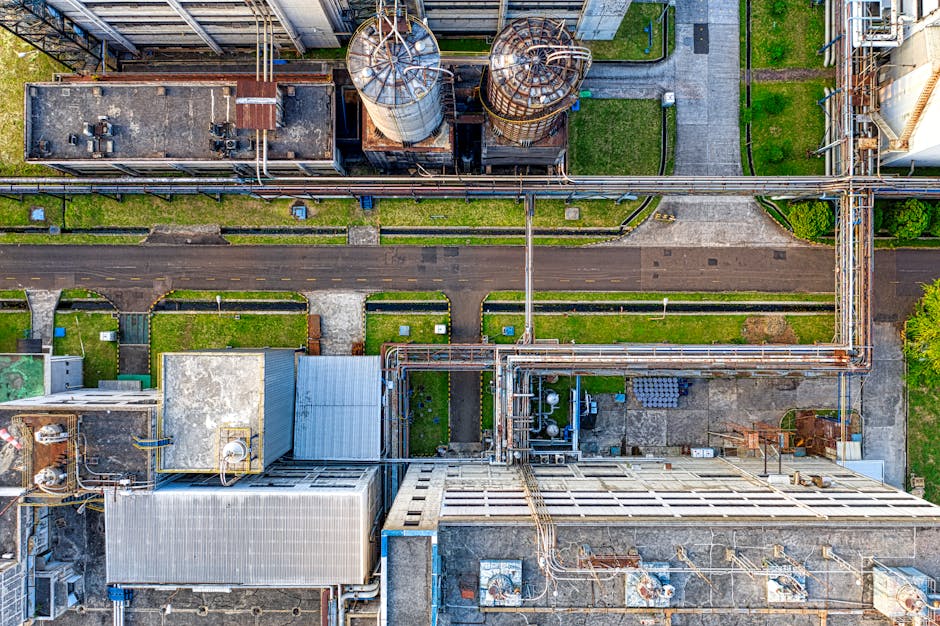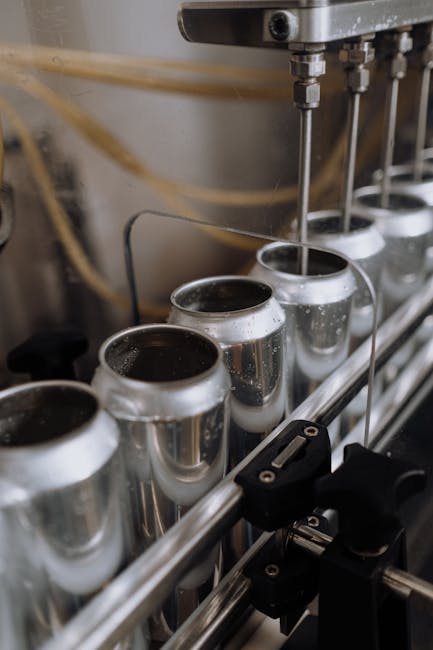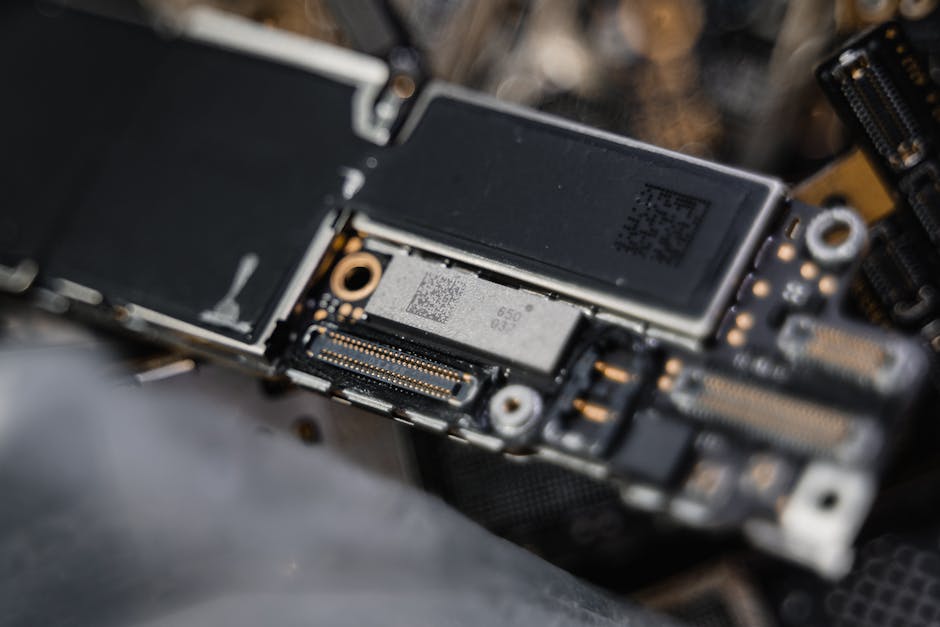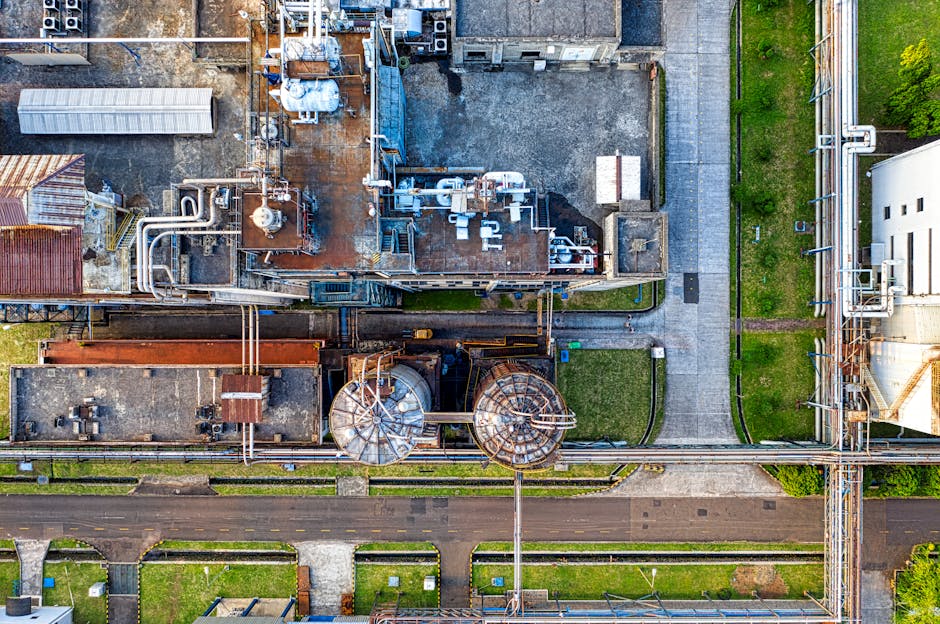Unlock encrypted content
Please enter your SSCE key to initiate on-the-fly decryption.
Decryption key: (Click cancel if you don't have the key)
Copied link to clipboard.
This feature is unavailable for free accounts. Upgrade now and enjoy all Premium benefits.
Go Premium!
This feature is unavailable for free accounts. Upgrade now and enjoy all Premium benefits.
Go Premium!
Please open this page in browser ( Google Chrome or Safari ) to use this feature.
Open In Browser
The Future of Automation, Data Storage, and Real-Time Monitoring in Our Dystopian World.
Random related video for this blog.
Copied share link to clipboard.
As we venture deeper into the 21st century, technology continues to reshape our lives in unprecedented ways. The integration of Tesla's Full Self-Driving (FSD) capabilities, powered by advanced artificial intelligence (AI), serves as a prime example of how automation is transforming industries. Coupled with the growing need for efficient data storage solutions and real-time system monitoring, we find ourselves at a crossroads that could lead to dystopian futures or a more productive society. This article explores these interrelated themes, highlighting the implications of automation, the future of work, and advanced data storage solutions.
Automation and Its Impact
Automation has emerged as a double-edged sword in the workplace. On one hand, it increases efficiency and reduces human error, while on the other hand, it raises concerns about job displacement. Tesla's FSD showcases the potential of automation in transportation, as it promises to revolutionize how we commute. However, this innovation comes with a cost: millions of driving-related jobs could vanish. The transition toward a fully automated driving system illustrates the broader trend of automation across various sectors, from manufacturing to customer service. To mitigate the risks of job loss, it's essential to reskill and upskill the workforce. Governments, educational institutions, and companies must collaborate to create training programs that prepare workers for the future of work. For instance, programs focusing on AI, data analysis, and digital literacy will be crucial in equipping individuals with the necessary skills to thrive in an automated world. Additionally, new job categories will emerge as automation takes over routine tasks, emphasizing the importance of adaptability in the workforce. Moreover, automation can enhance productivity in ways we are only beginning to understand. For example, real-time system monitoring allows businesses to track performance metrics continuously, enabling them to make data-driven decisions that improve operational efficiency. Companies implementing automation toolscan optimize their workflows and reduce costs, ultimately benefiting consumers with better products and services. The challenge lies in ensuring that the benefits of automation are shared equitably across society.
The Role of Data Storage in a Digital Age
As automation and AI technologies evolve, the need for robust data storage solutions becomes increasingly vital. Organizations are generating vast amounts of data daily, necessitating reliable and efficient storage options. This is where online cloud storage providers like FileLu come into play. With features such as advanced file search capabilities and high data integrity, FileLu addresses the growing demands for data storage in a digital landscape. FileLu offers a variety of plans, from 10 GB free options to premium plans reaching up to 500 TB, catering to diverse user needs. The platform allows for large file transfers, making it an ideal choice for businesses that require secure and efficient data sharing. Additionally, FileLu prioritizes user privacy through SSL encryption and Secure-Solo-Cipher Encryption (SSCE), ensuring that sensitive information remains protected during transfers. Furthermore, the capabilities of cloud storage extend beyond mere data preservation. By incorporating automation into data management processes, organizations can streamline operations and improve collaboration. For instance, real-time system monitoring can alert users to potential storage issues, allowing for proactive measures to prevent data loss or downtime. This synergy between automation and data storage not only enhances operational efficiency but also empowers businesses to make informed decisions based on real-time insights.Envisioning Dystopian Futures
While the advancements in automation and data storage hold promise, they also raise concerns about dystopian futures. The rapid pace of technological change can lead to societal disruptions, including increased inequality and job displacement. As machines take over tasks traditionally performed by humans, the gap between those who can adapt and those who cannot may widen, exacerbating existing social divides. Moreover, the pervasive nature of surveillance technologies, combined with real-time system monitoring, poses ethical questions regarding privacy and data ownership. As companies and governments invest in monitoring tools, the potential for misuse of data and invasion of privacy becomes more pronounced. For instance, the same technologies that enhance security and efficiency can also be weaponized for control and manipulation. To avert these dystopian scenarios, it is crucial for stakeholders—including policymakers, technologists, and the general public—to engage in discussions about the ethical implications of automation and data storage. Establishing frameworks for responsible AI usage, data protection, and equitable access to technology will be essential in shaping a future that benefits all members of society. Encouraging public discourse will foster a culture of accountability and transparency, ensuring that technological advancements serve the greater good.Preparing for the Future of Work
As we navigate this evolving landscape, it is imperative to rethink the future of work. The integration of automation and AI will undoubtedly transform job roles, but it also offers opportunities for innovation and creativity. The key lies in fostering a mindset that embraces change and promotes lifelong learning. Organizations should prioritize creating adaptable work environments that encourage employees to develop new skills and explore new career paths. In addition to reskilling initiatives, companies can harness the potential of automation to enhance employee satisfaction. By automating mundane tasks, employees can focus on more strategic and fulfilling aspects of their jobs. For instance, customer service roles can be augmented with AI-driven chatbots that handle routine inquiries, allowing human agents to concentrate on complex issues that require emotional intelligence and problem-solving abilities. Furthermore, the future of work will likely involve more remote and flexible arrangements, facilitated by advancements in cloud storage and collaboration tools. With platforms like FileLu enabling seamless file sharing and real-time access to data, teams can collaborate effectively regardless of geographical barriers. This shift toward remote work not only enhances work-life balance but also expands the talent pool, allowing organizations to tap into diverse skill sets from around the globe.Conclusion
In conclusion, the interplay between automation, data storage, and real-time system monitoring presents both challenges and opportunities in our rapidly changing world. As we embrace technologies like Tesla's Full Self-Driving and innovative cloud storage solutions, it is essential to consider the broader implications of these advancements. By prioritizing reskilling, ethical considerations, and flexible work arrangements, we can shape a future that leverages technology for the benefit of all. The journey toward a more automated and data-driven world is fraught with complexities, but by engaging in thoughtful discourse and proactive planning, we can navigate the path ahead. The choices we make today will influence the landscape of tomorrow, ensuring that technology serves as a tool for empowerment rather than a harbinger of dystopia.Frequently Asked Questions (FAQs)
Question: What is Tesla's Full Self-Driving (FSD)? Answer:
Tesla's FSD is an advanced driver-assistance system that aims to enable fully autonomous driving capabilities.
Question: How does FileLu ensure data security? Answer:
FileLu employs SSL encryption and Secure-Solo-Cipher Encryption (SSCE) to protect user data during transfers.
Question: What are the benefits of cloud storage? Answer:
Cloud storage offers scalable data solutions, advanced file search capabilities, and secure access to files from anywhere.
Question: Can automation lead to job displacement? Answer:
Yes, automation can displace certain jobs, but it also creates opportunities for new roles and skill development.
By Amelia Isabella
Email: [email protected]
Related
Revolutionizing Data Management: A Comprehensive Guide to FileLu Cloud Storage.
June 13, 2023
Read More
Scalable Storage and Data Sharing Options for Robotics, Biotechnology, and...
June 13, 2023
Read More
Artificial Intelligence Storage: The Future of Data Management Artificial intelligence...
June 13, 2023
Read More
Cross-Device File Synchronization: Revolutionizing Online File Storage In today's fast-paced...
June 13, 2023
Read More
Video Storage: Revolutionizing Real-time File Collaboration and Data Security
June 13, 2023
Read More
Real-time Collaboration, Biometric Data Storage, and Advanced Weaponry: The Future...
June 13, 2023
Read More
Efficient File Transfer Protocols and Customizable Storage Plans: The Future...
June 13, 2023
Read More
Real-time Data Synchronization: Revolutionizing Cloud Storage and File Management
June 13, 2023
Read More
Futuristic Transportation and Efficient File Sharing with FileLu.com: Technological Advancements...
June 13, 2023
Read More
Popular
Latest
The Future of Digital Transformation: Exploring Smart Homes, Efficient File...
November 30, 2025
Read More
Exploring the Benefits of Cloud Storage and Innovative Technologies in...
November 26, 2025
Read More
The Future of Technology: Exploring Biohacking, Space Tourism, and Digital...
November 23, 2025
Read More
The Future of File Sharing: Streamlined Workflows for Photographers and...
November 19, 2025
Read More
Exploring the Intersection of Technology: From Cybersecurity to Augmented Reality...
November 16, 2025
Read More
The Future of File Management: Embracing Edge Computing and Efficient...
November 12, 2025
Read More
The Future of File Sharing: Exploring User-Friendly Solutions and Data...
November 5, 2025
Read More
The Future of Cloud Storage: How FileLu Empowers Creative Professionals...
November 2, 2025
Read More
The Future of Autonomous Technologies: Innovations in Robotics, File Sharing,...
October 29, 2025
Read More
Emerging Technologies Revolutionizing File Management: From Li-Fi to Robust Collaboration...
October 26, 2025
Read More
Emerging Technologies: Exploring the Impact of File Access Auditing, Genetic...
October 19, 2025
Read More
The Future of Data Storage: Exploring Advanced Encryption, Mobile Integration,...
October 5, 2025
Read More
Exploring the Future of Data Management: Security, Efficiency, and Cognitive...
September 28, 2025
Read More
Revolutionizing Data Management: Innovations in Storage, Security, and Sustainable Technology.
September 24, 2025
Read More

















